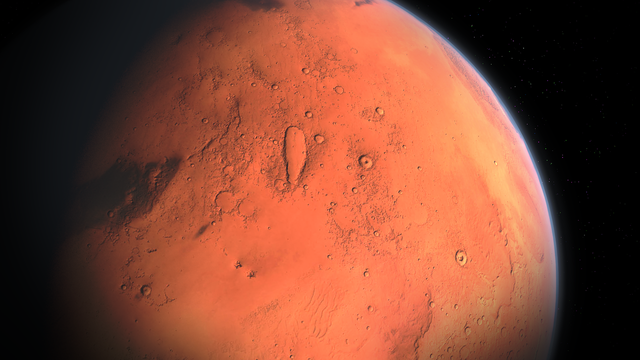Next NASA Mars Rover May Tell Us If There's Life There
Mars has been a particularly interesting place. For more reasons than one. It is one of the first planets that we intend to send humans to as potential additional habitat. This would literally make us an interplanetary species.
The red planet has also been a huge and significant part of the fiction. Many movies, tv shows and novels feature it has a place that harbours alien life. We have all read stories of Martians who visit Earth and interact with humanity in one way or the other.
But the potential for life on the planet is not limited to fiction. Even, in reality, scientists have always wondered whether or not life exists there or has existed in the past.
We already know of the presence of water on Mars and scientists assert that it was once home to oceans of water, much like Earth. This provides credence to the theory that Mars was once home to life.
NASA Rover To Answer Questions?
Although we have already sent quite a few rovers there, the next one is going to be pretty exciting. It is a huge project that has spanned several years and it's all set to start this summer.
NASA's 2260-pound rover will be launched this summer and it will send samples from the red planet once it lands. Its makers and other scientists alike hope that it will be able to shed light on whether there is life there, or has been at some point in the past.
The popular belief right now is that, even if there is life on the planet, it will probably be hiding underground. According to a NASA Jet Propulsion Laboratory research scientist, the surface of Mars is highly inhospitable for life as we know it. It is a very oxidising and radiation-heavy environment and there are slim chances that any sort of life can survive under such harsh conditions.
Until we land the first humans on Mars in 2030s, this next Martian rover from NASA will have to scour the surface for answers. If by some chance, it is able to find signs of life, it will mark the beginning of a new era for humanity and for science.
